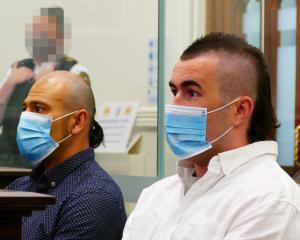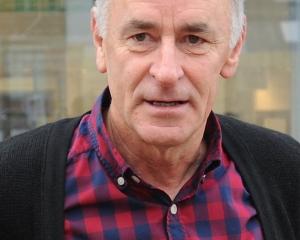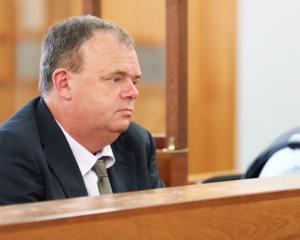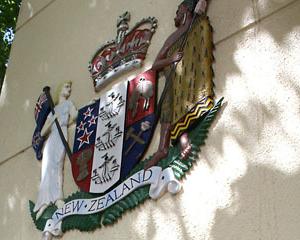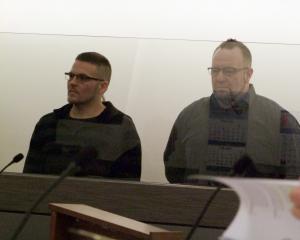A coroner's inquiry will not be held into the death of a terminally ill retired medical practitioner, whose son, Sean Davison, was last year convicted of "counselling and procuring" her suicide, in 2006.
In a decision released yesterday, Otago-Southland coroner David Crerar said an inquiry would not be held into the death of the retired woman, Dr Patricia Davison (85), who had lived at Broad Bay, Dunedin.
Mr Crerar noted Dr Davison had been diagnosed with cancer of the colon and underwent emergency surgery in 2004 for removal of the cancer.
She had also been previously diagnosed with hypertension and ischemic heart disease.
She had subsequently declined chemotherapy and a CT scan in 2005 showed the cancer had spread to her lungs and her health had deteriorated.
After palliative radiotherapy and hospital and hospice admissions, she was allowed to return to her home to die with palliative care.
Her son, Sean Davison, a 50-year-old South African-based scientist at the University of the Western Cape, in South Africa, had returned to New Zealand to assist with the care of his mother in the last weeks of her life.
She knew her condition was deteriorating and, from early October 2006, adopted a water-only diet in an attempt to hasten her own death.
A pump to administer morphine for pain relief was provided for her on October 25, 2006.
On that day, Sean Davison crushed morphine tablets and mixed them in a glass of water which he provided for his mother.
She died about 2am on October 26.
"The medical condition of Patricia Davison was terminal, so it is now impossible to say whether the administration of the crushed morphine tablets in water caused, or contributed to, her death," Mr Crerar said.
A medical certificate had subsequently listed five causes of death, including bronchopneumonia and colon cancer.
Because a medical practitioner had completed a medical certificate as to cause of death, the matter had not been reported to the coroner, and an autopsy was not considered necessary.
Mr Crerar said there could be no certainty as to the cause of her death or "whether or not the administration of the crushed morphine tablets in water hastened, contributed to, or caused the death".
Under the circumstances, he found there was insufficient evidence to alter the causes of death listed in the death certificate.
Davison had admitted a charge of "counselling and procuring suicide", had been convicted and on November 24 last year sentenced in the High Court at Dunedin to five months' home detention.
Mr Crerar was satisfied the causes and circumstances surrounding the death had been dealt with by a High Court judge, and the matters legally required to be established by the coroner had been "adequately established by the High Court".
Approached for comment, Sean Davison, who is a euthanasia campaigner, said the exact cause of his mother's death was "no longer significant".
And it was "no longer relevant" whether the morphine overdose she gave her had caused her death, he said.
"The important thing is that my mother was in a situation where she was determined to die."
Her suffering had been "intolerable" and she "should never been in that situation".
"The fact that she went on a hunger strike was an indication of her sheer determination to die.
"She tried her very best to end her life on her own, in what she considered to be a dignified manner, and when this failed she was left with no choice but to ask for help, and I was left with a terrible dilemma.
"It was just very sad that she had to ask for help to die, and particularly tragic she had to ask her own son," he said.





